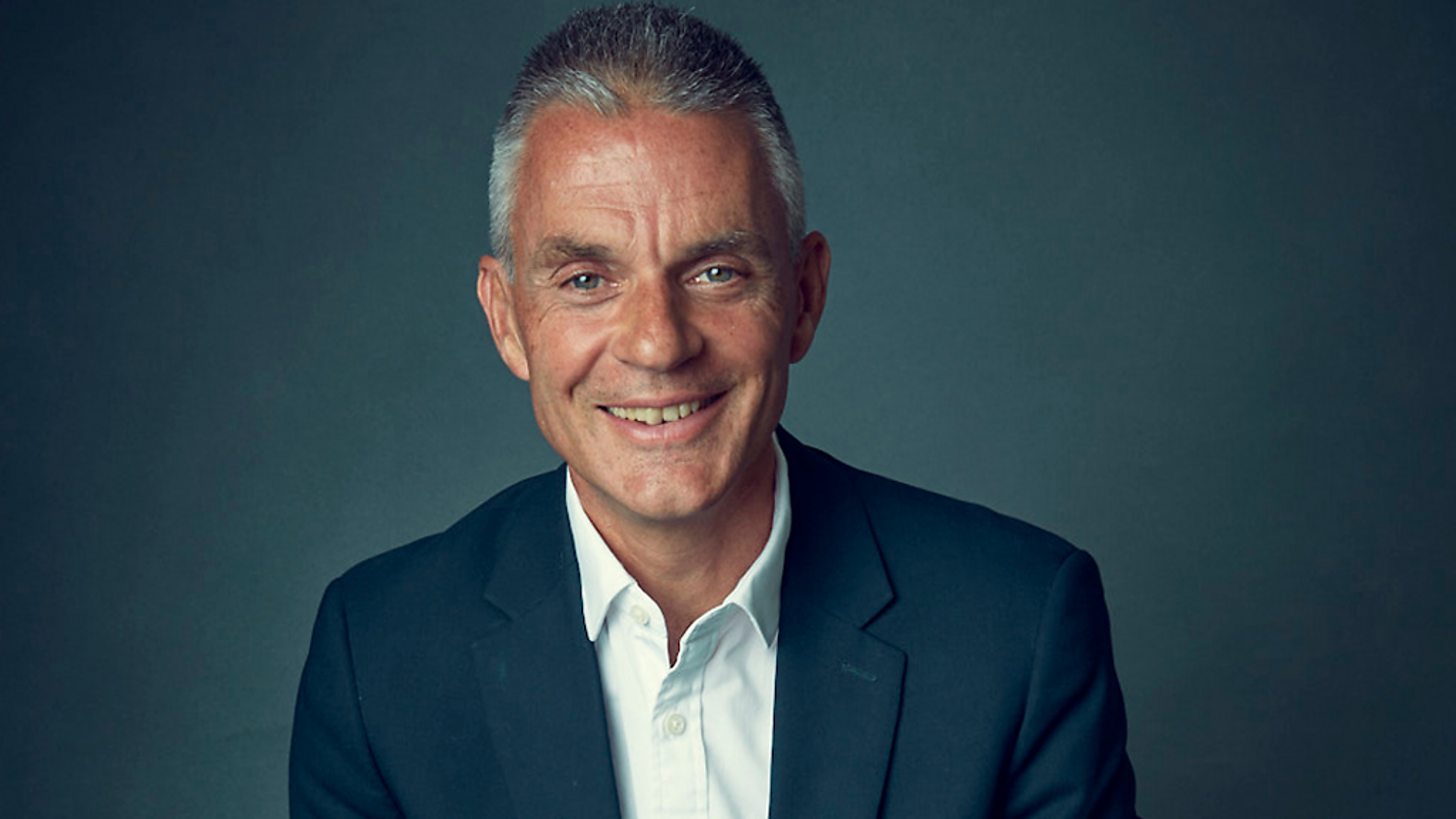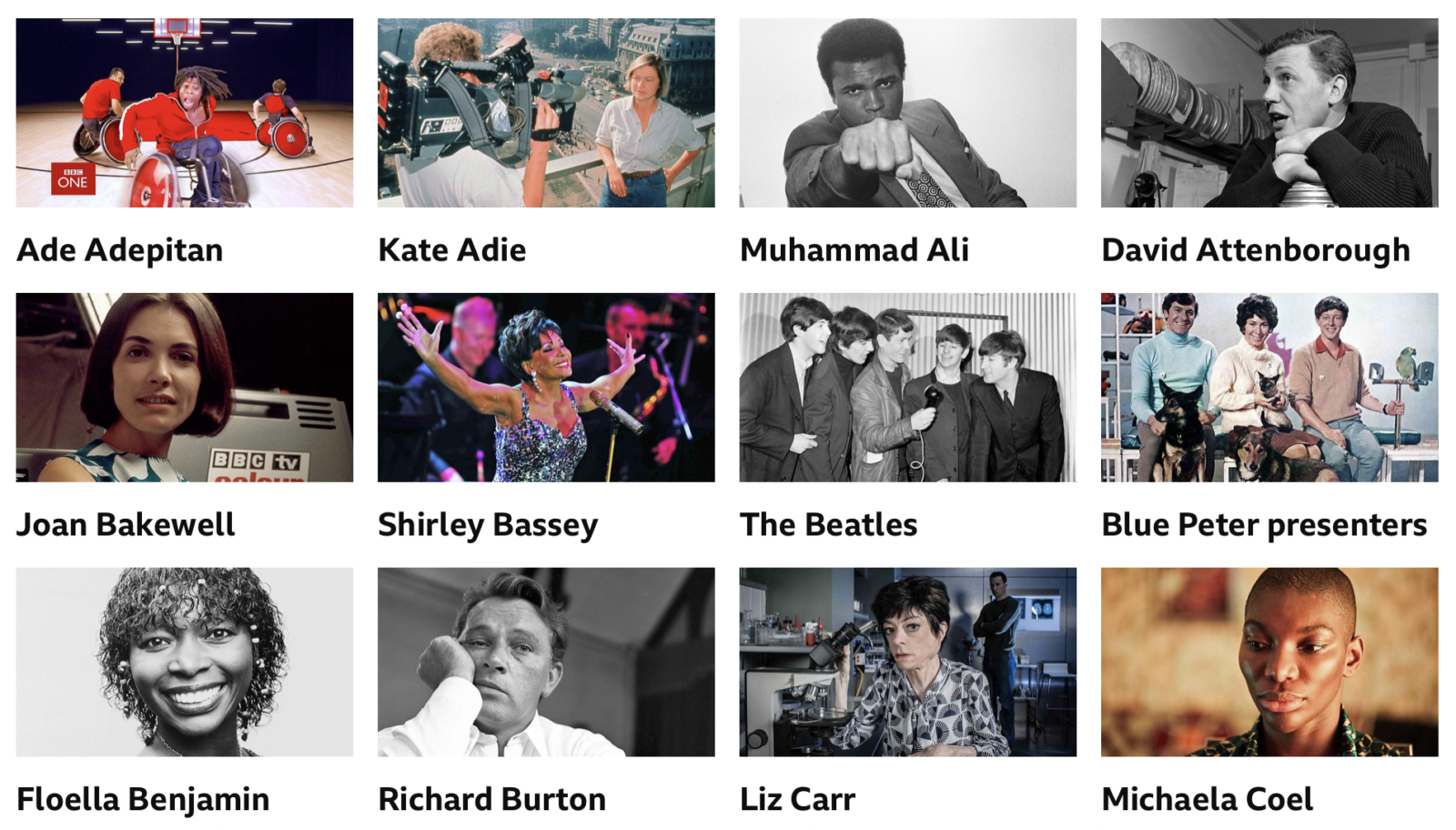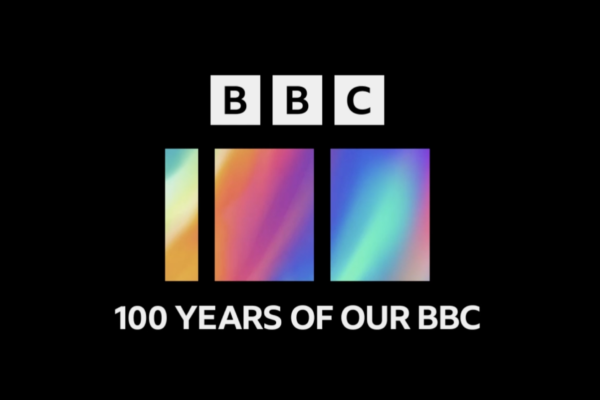BBC 100: British Broadcasting Corporation enters centenary year
As we enter 2022, the British Broadcasting Corporation (BBC) enters its centenary year, marking 100 years for the world’s oldest national broadcaster. To celebrate, the organisation has released a series of online exhibitions, in the form of 100 Objects, 100 Faces, and 100 Voices, as well as an interactive 100 Timeline enabling users to scroll back the years.
Top Clicks, Pop Pickers!
As regards the latter, there are far too many highlights to single out here, but ten of this editor’s subjective picks would include:
- 1922: First BBC Radio Station launched
- 1936: The world’s first regularly scheduled TV service is launched
- 1944: The D-Day landings are broadcast on 6 June
- 1953: Queen’s Coronation
- 1969: Apollo 11 – the first man on the moon is seen live on the BBC
- 1985: Live Aid
- 1997: The BBC goes online, inspired by Director-General John Birt
- 2001: The Office hits our screens, Gareth Keenan investigates
- 2007: The iPlayer is launched
- 2020: Bitesize educational platform expanded to provide home learning during Covid-19 lockdown
Celebrating history, embracing change

In addition to archive materials, the organisation will also broadcast special programming across a number of platforms in 2022, and current BBC Director General, Tim Davie, says that the celebration also offers a chance for the media organisation to look forward:
“As we look forward, we must not rest. Not only does the internet age bring huge opportunities for new talent and opening up the national conversation, but it also brings intense global competition, and threats to grown-up democratic debate and objective reporting.”
“Today, as we follow in [Lord John] Reith’s footsteps, our focus is again on innovation and reforming the BBC to ensure it can keep delivering value to audiences in this new world. This means doubling down on where we are unique and precious: British storytelling, impartial journalism, areas such as education, local news and research and development. These things are made more, not less, relevant by the digital age.”
Staying true to quality journalism and powerful storytelling

In a lengthy article originally published in the Sunday Times and subsequently here by the BBC press team, Davie also took the opportunity to highlight the importance of the organisation’s independent role in an ever changing world.
“The BBC has been a story of innovation, creativity and resilience. It has survived crisis, conflict and changing technology. In almost every decade, it has been written off, debated and loved. More than anything, its survival is down to the extraordinary people at the BBC who care deeply about the power of truth and great storytelling.”
His words are particularly insightful at a time when the corporation has come under increased scrutiny as regards the way it functions. Just yesterday, the UK’s Metro newspaper ran a piece citing former Culture Secretary, John Whittingdale, who says that the traditional license fee funding model could eventually be scrapped in favour of a more modern subscription based approach.
The centenary also comes on the back of a period in which the BBC World Service has achieved record reach, up 42% from 246 million people on average each week in March 2016 to 351 million people in March 2020.









